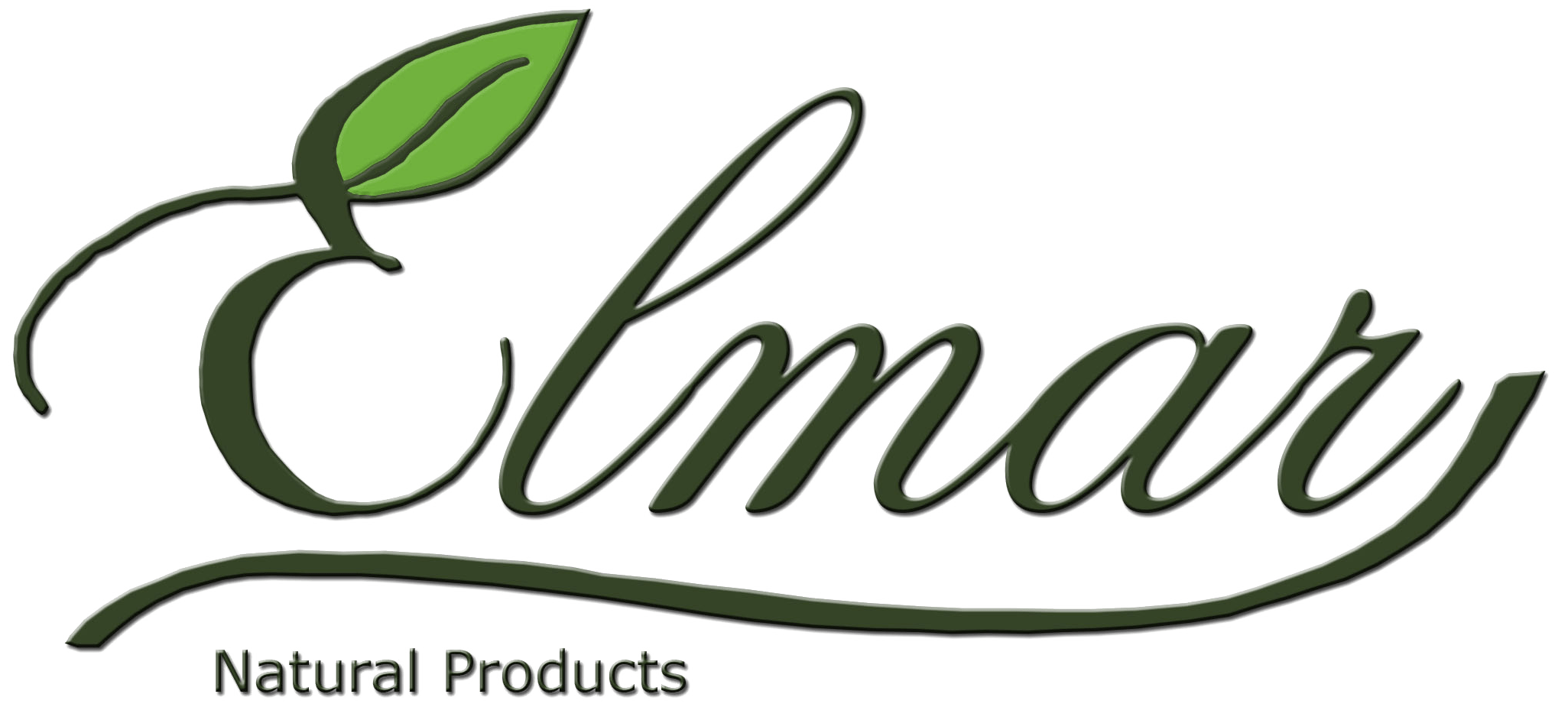Germany is currently Vietnam’s largest coffee export market. However, the enforcement of the EU Anti-Deforestation Regulation (EUDR) may pose more challenges for exporters.
Coffee consumed in Germany is mainly filter coffee, accounting for about 70% of the market share. Besides, instant coffee, cappuccino, or latte are also gradually popular in this country. Germans are particularly fond of organic coffee and it is now the leading import market for organic coffee in Europe. Demand for specialty coffee in Germany tends to increase in the high-end customer segment. Germans are also increasingly interested in vegan products.

Is EUDR a barrier to Vietnam’s coffee exports to Germany?
To get more opportunities to export coffee to this Western European country, exporters need to meet the requirements of the market. In particular, enterprises may face separate requirements for each product.
It is necessary for enterprises to focus on branding associated with product stories, coffee farms, and growers. At the same time, they need to take advantage of FTAs and Asian distribution channels in Germany and build an effective promotion plan.
Regarding enterprises signing with German partners for the first time, they can directly contact the Vietnam Trade Office in Germany to be supported to verify partners to ensure capacity and reliability, thereby minimizing contract risks.
Although Germany is a market with great potential, the newly introduced regulations, especially EUDR, may become a challenge for both Vietnamese coffee exporters and other importers in this market. According to this regulation, the EU will ban the import of 7 groups (coffee, palm oil, wood, rubber, beef, cocoa, and beans) if the production of these commodities causes deforestation. In recent years, German businesses and the German Coffee Association have been concerned about this new regulation because it can cause coffee shortages and price increases after 2025.
The coffee industry is facing difficulties in positioning when about 70-75% of Vietnam’s coffee gardens do not have positioning data suitable for EUDR. Besides, Vietnam’s coffee industry also faces the challenge of traceability information, measures to ensure non-deforestation and legal production.
However, from another perspective, this is an opportunity for the agricultural sector when Vietnam can minimize deforestation and develop in a transparent and sustainable way./.

